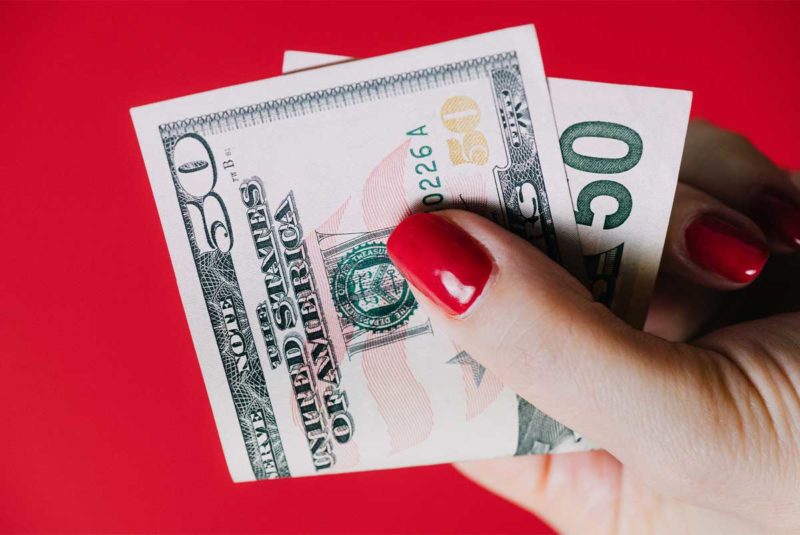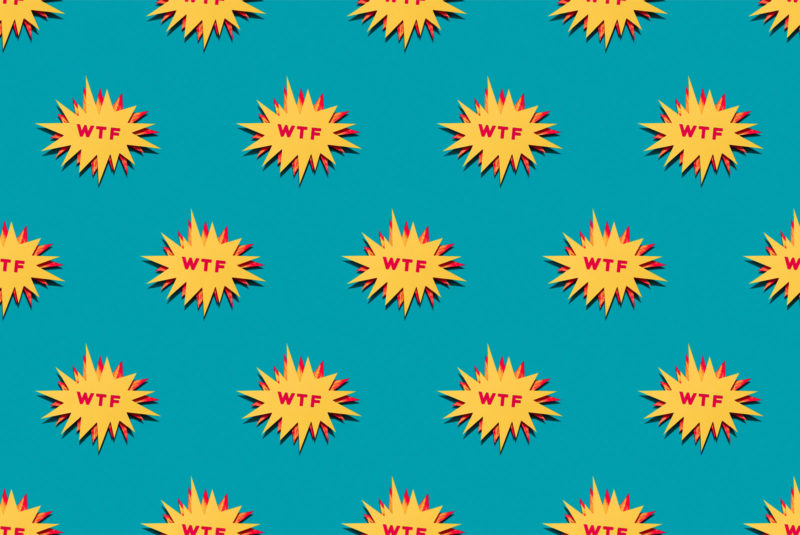Ready To Buy a Home?
Get Approved to Buy a Home
Rocket Mortgage® lets you get to house hunting sooner.
Ever come up short on a bill? When this happens with escrow payments (aka disbursements), it’s called an escrow shortage.
If your escrow account balance has come up short, there’s no need to worry. We’ve got the lowdown on escrow shortages – what they are and, of course, what happens next.
Escrow Shortage, Defined
An escrow shortage occurs when there’s a positive escrow balance in your account, but there isn’t enough money to cover the bills.
Quick refresher: Your monthly mortgage payment is made up of principal, interest and money that’s set aside for escrow by your lender. Your escrow account holds the money that’s withdrawn from your monthly mortgage payments for your escrow bills. That money is used to pay your property tax and homeowners insurance.
Because escrow payments are estimated a year in advance, there’s a chance they might be overestimated, resulting in a surplus and triggering an escrow refund. There’s also a chance that your lender underestimated your bills. That would result in either an escrow shortage or an escrow deficiency.
Escrow Shortage vs. Escrow Deficiency
An escrow shortage and an escrow deficiency aren’t the same things.
- Escrow shortage: There’s a positive escrow account balance, but not enough money to pay the bills.
- Escrow deficiency: There’s a negative escrow account balance.
With an escrow shortage, because you already have some money in your account, you’ll end up owing the difference between what’s in the account and the final bill. If your escrow account is deficient, you have less than $0 in your escrow account and you’ll owe the entire bill.
What Causes an Escrow Shortage?
Lenders are required to perform an annual escrow analysis. During the analysis, a lender assesses your property tax and checks to see if your escrow balance can cover your property tax bill and your homeowners insurance.
If your property tax or home insurance premium increased and your lender underestimated the cost of either bill, this could trigger an escrow shortage.
An account analysis is also a chance for lenders to do a little “checks and balances” on their estimates of your monthly escrow payments. It’s a look back to ensure that you paid the right amount of money in escrow. And it’s a look ahead to adjust future monthly payments based on changes to your bills.
What happens if there’s an escrow shortage on my account?
If there’s a shortage on your escrow account, your lender will notify you and tell you how much you owe. You can also expect to see your escrow payments go up because the newly assessed bills are higher.
When dealing with a shortage or deficiency, you may come across an escrow advance.
If you thought your escrow servicer’s advance was a gift, we’re sorry to burst your bubble. An escrow advance is not free money. You have to pay back the money you were advanced by the servicer.
Not all escrow servicers offer escrow advances, but it’s important to know what they’re talking about if you come across this term.
Escrow shortage example
Let’s say your lender estimates your annual tax payment to be $1,800 and your homeowner’s insurance to be $900.
A year later, when your lender does their annual escrow analysis, they assess your property tax and send you an annual escrow analysis statement. The statement indicates that your property tax and insurance have increased from their original estimate. Now, your property tax bill is $2,400, and your homeowner’s insurance is $1,200.
Let’s take a look at the breakdown:
Taxes:
- Estimated annual bill: $1,800
- Actual: $2,400
- Difference: $600
Insurance:
- Estimated annual bill: $900
- Actual: $1,200
- Difference: $300
Total shortage = $900 (This is the difference for taxes plus the difference for insurance.)
You have to pay $900 more to make up the difference between the estimated cost and what’s due. At this point, your escrow servicer may apply an escrow advance to cover the difference and then bill you, or they may bill you directly for the amount that you’re short.
Remember, now that your bills have increased, your monthly escrow payments will increase, too.
How Do I Pay Off an Escrow Shortage?
When your escrow servicer bills you for a shortage, you make an escrow shortage payment.
You can usually make the payment online, but that will depend on your lender. In general, you can’t pay for an escrow shortage using a credit card – so keep that in mind. Check with your lender to see what their escrow shortage payment policy is.
You can make one lump-sum payment or spread out the payment, making equal, interest-free monthly payments over the next 12 months.
Lenders may let you decide which payment method you prefer, or they’ll specify how they’d like you to make the payment.
Should I pay my escrow shortage in full?
If your lender allows you to choose between a lump-sum payment or monthly installments, guess what? One option isn’t better or worse than the other. What’s most important is to choose the payment option that works best for your financial situation.
There are pros and cons to both options. Knowing what they are might help you decide which option will work best for you.
Pay in full:
- Pro: It’s one less bill to think about, and the shortage won’t be applied to your future mortgage payments.
- Con: You need the money to pay off the shortage upfront.
Spread out payments:
- Pro: This could make paying back the shortage more manageable because you can spread out payments over 12 months.
- Con: Your future monthly payments increase because your bills increased and you’re paying off the shortage.
Why do I owe more than my escrow shortage amount?
Your annual escrow analysis statement might say that you’re short a higher dollar amount than what you need to cover a shortage.
While you’re short on what’s currently due, your lender can get ahead of the game for the following year and ask you to pay a higher shortage amount. This increases what’s left in your escrow account after the shortage is paid off so you’re not starting from $0.
Let’s take another look at our previous example. To recap, your escrow analysis statement said you were short $900 for this year’s property tax and insurance payment. Now, your servicer is asking you to pay $1,800 for the escrow shortage.
The first $900 would cover this year’s bills. The other $900 would be used to boost your escrow balance for next year’s bills since your servicer already knows the bills will increase.
You may end up short the following year, but because you paid a higher shortage amount this year, you (hopefully) won’t have to pay an even larger shortage amount next year.
How Can I Avoid an Escrow Shortage?
It’s challenging to avoid an escrow shortage altogether. Your escrow payments are calculated using estimates, and property taxes can change unexpectedly.
Here are a few things you can do to prepare yourself for shortages:
- Keep track of your escrow account: Pay attention to insurance rates and trends as well as any tax information from your city or town to spot any changes. This can help you “guesstimate” how much money you may need in your escrow account to pay for those bills.
- Have some money saved up for unexpected costs: It’s always good to have a backup plan. Setting aside money for potential escrow shortages can help you pay them off when it happens.
How can I lower my escrow payments?
Lowering your escrow payments may make paying off an escrow shortage more manageable because your annual bills are lower.
As a homeowner, you don’t always have control over changes to your taxes and insurance, but there are a few things you can try to help lower your monthly escrow payments:
- Shop around for a lower insurance premium: You may be able to find a policy with similar coverage at a lower cost or get a discount on a new policy or combined policies.
- Check your taxes: Make sure that you’re only paying what you owe and see if any exemptions might apply to your property or living situation. If you’re unsure, check with your local tax authority or a financial advisor.
Should you refinance?
Enough hypotheticals – our partners will give you expert recommendations, along with real interest rates and payments
The Short Version
- An escrow shortage occurs when there’s not enough money in your escrow account to cover your bills
- You can’t always avoid an escrow shortage. You can prepare for one by keeping track of your escrow account balance and setting aside money for any potential shortfall
- Paying off your escrow shortage in full may be a good idea if you’ve got the money, but paying it all off at once isn’t better or worse than paying it off monthly




